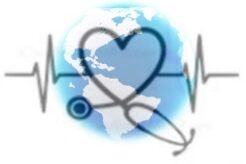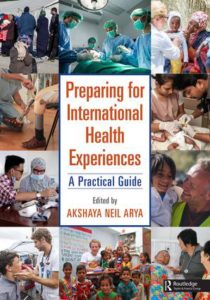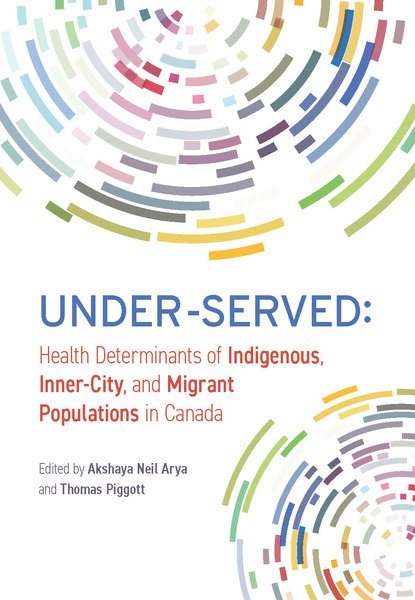
In this edited collection, academics, heath care professionals, and policy-makers examine the historical, political, and social factors that influence the health and health care of Indigenous, inner-city, and migrant populations in Canada. This crucial text broadens traditional determinants of health—social, economic, environmental, and behavioural elements—to include factors like family and community, government policies, mental health and addiction, disease, homelessness and housing, racism, youth, and LGBTQ that heavily influence these under-served populations. With contributions from leading scholars including Dennis Raphael, this book addresses the need for systemic change both in and outside of the Canadian health care system and will engage students in health studies, nursing, and social work in crucial topics like health promotion, social inequality, and community health.
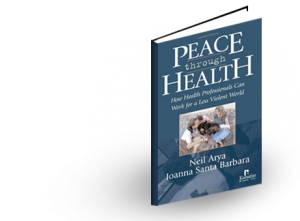 We typically define and talk about wars using the language of politics, but what happens when you bring in a doctor s perspective on conflict? Can war be diagnosed like an illness? Is the concept of “peacebuilding” simply the extension of healthcare and therapy beyond the individual, to encompass communities and nations? The contributors to Peace through Health: How Health Professionals Can Work for a Less Violent World engage with these ground-breaking ideas and describe tools that can further peace once war is understood as a public health problem.
We typically define and talk about wars using the language of politics, but what happens when you bring in a doctor s perspective on conflict? Can war be diagnosed like an illness? Is the concept of “peacebuilding” simply the extension of healthcare and therapy beyond the individual, to encompass communities and nations? The contributors to Peace through Health: How Health Professionals Can Work for a Less Violent World engage with these ground-breaking ideas and describe tools that can further peace once war is understood as a public health problem.
The idea of working for peace through the health sector has sparked many innovative programs, described here by over 30 experts familiar with the theory and practice of Peace through Health. They cover topics such as prevention and therapy, program evaluations, medical ethics, activism, medical journals, human rights, and the uses of epidemiology. Those considering careers in medicine and other health and humanitarian disciplines as well as those concerned about the growing presence of militarized violence in the world will value the book s many insights.
The new book by Neil Arya and Joanna Santa Barbara, Peace through Health: How Health Professionals Work for a Less Violent World, is now available through Kumarian Press or on Amazon. See the table of contents and read about the various contributors.
At some point in their careers, many health professionals and students wish to engage in overseas work. Learning from other systems, people and cultures is invaluable and in some cases life changing.
This book is a unique resource that offers necessary insights into making the most of the experience, from pre-departure training through to return orientation. It provides information on navigating the legalities and bureaucracies of international medical training and gives insights into cultural and language competencies, including how to be ethical and deferential in the exchange of situational knowledge.
Preparing for International Health Experiences is a must-read for any healthcare student considering volunteering, doing mission or practical work abroad. It covers specific medical professions from paediatrics to surgery, and allied disciplines such as dentistry and nursing. Its practical tips and consideration of ethical issues will be valued by readers of different levels and experience.
This book presents best practices for ethical and safe international health elective experiences for trainees and the educational competencies and evaluation techniques that make them valuable. It includes commentaries, discussions and descriptions of new global health education guidelines, reviews of the literature, as well as research.
Uniquely, it will include ground-breaking research on perspectives of partners in the Global South whose voices are often unheard, student perspectives and critical discussions of the historical foundations and power dynamics inherent in international medical work.
Global Health Experiential Education is a timely book that will be of interest to academic directors of global health programmes and anyone involved in training and international exchanges across North America
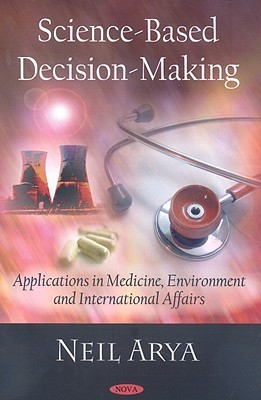
This book explores applications of decision-making, primarily in health care but also presents examples dealing with environmental challenges and international affairs. It gives recent evidence of failures in each of these sectors and attempts to explain how such errors recur.
